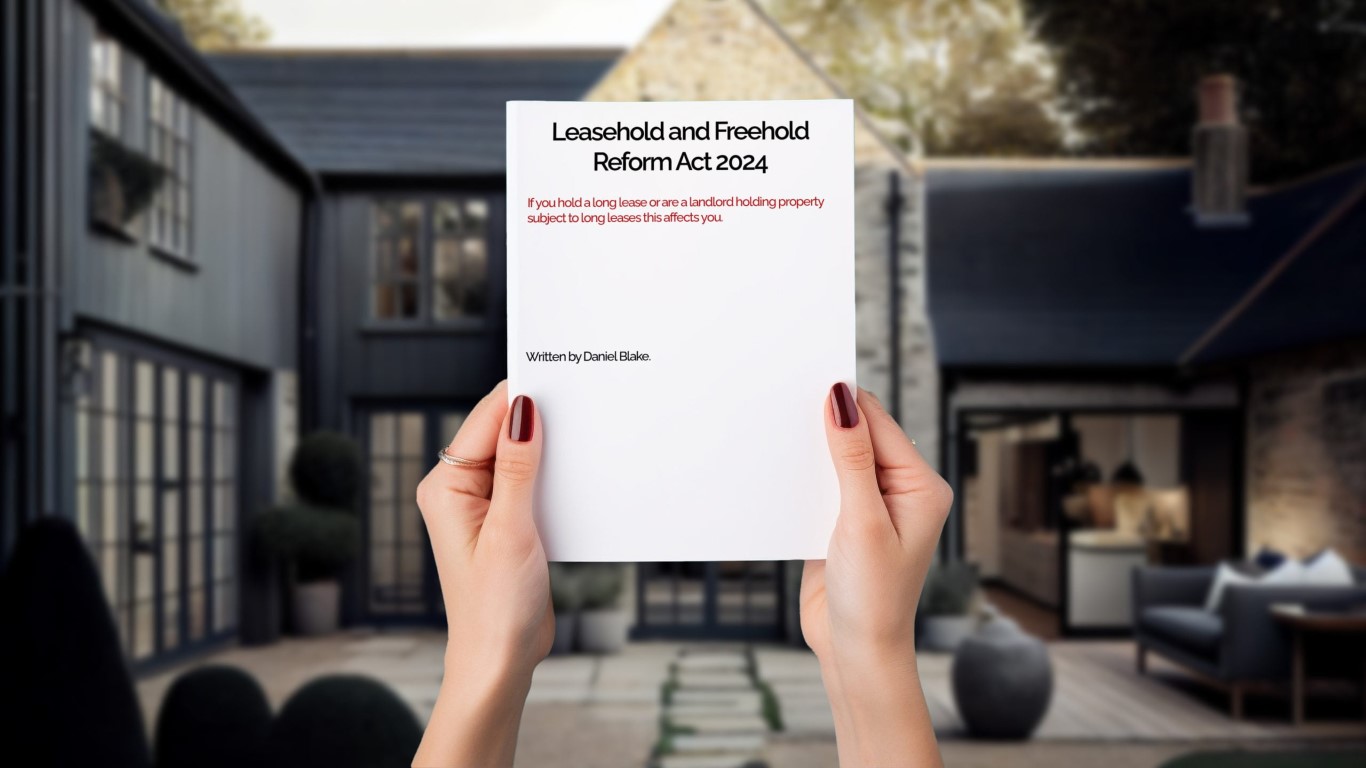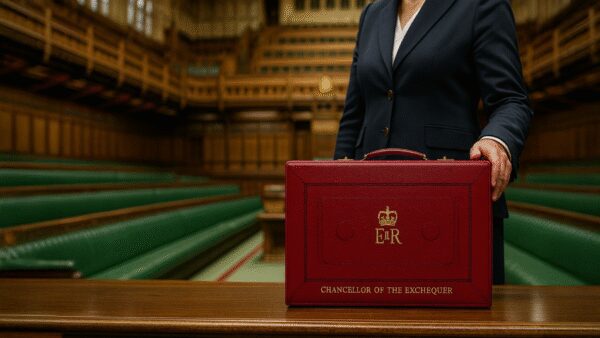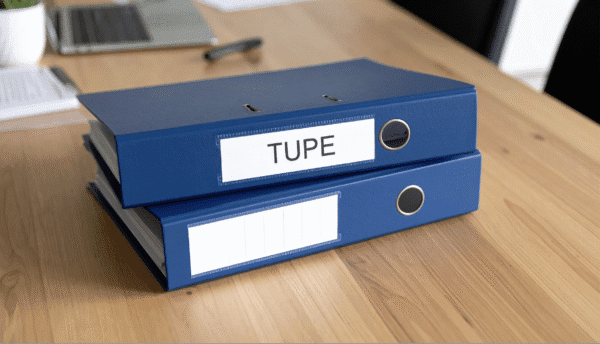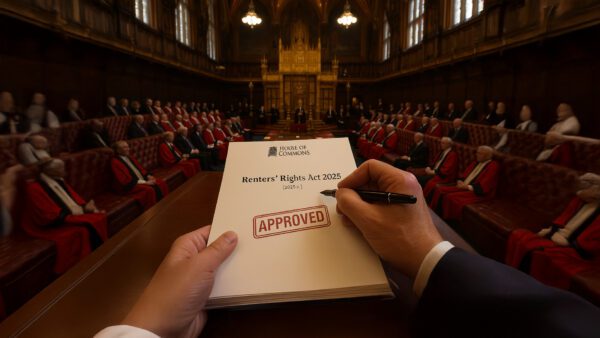If you hold a long lease or are a landlord holding property subject to long leases, this affects you.
Following last week’s surprise announcement of a general election, the Government has rushed through the Leasehold and Freehold Reform Act 2024 (the “Act”) which will grant homeowners further rights and powers over their homes.
Jeff Smith, Labour MP for Manchester Withington, said:
“It is not perfect, [but] It is a step forward, so we are pleased to support this legislation going on to the statute books this evening”
The bill has received Royal Assent and become law.
What Is The Impact Of Leasehold and Freehold Reform Act 2024?
- Tenant right to freehold acquisition: now easier and cheaper, including that Landlord costs will no longer be payable by the Tenant;
- Longer lease extensions: standard lease extension term will be 990 years for both houses and flats (increased from 50 years for houses and 90 years for flats);
- Service charges to be demanded (by Managing Agents/Landlords) in a standard form: Tenants can therefore more easily scrutinise and challenge them;
- Challenging unreasonable charges: it will be easier to challenge unreasonable service charges, empowering leaseholders to dispute them and seek resolution;
- Prohibition on sale of new leasehold houses: Except in exceptional circumstances, new leasehold houses are banned. Purchasers must own freeholds to their homes from the outset;
- Properties which are freehold and leasehold forming part of the same estate have the same rights: Extends access to redress schemes to challenge poor Landlord and/or Managing Agent practice;
- Removal of ownership requirement to apply for enfranchisement. The requirement for a leaseholder to have owned their flat for two years before they can extend their lease is removed;
- Commercial floor space implications: Previously, buildings with more than 25% of its floor space as commercial (e.g. shops and/or office space on the ground floor) prevented Tenants (collective enfranchisement) from acquiring the freehold or the right to manage. The non-residential threshold has been increased 50%;
- Setting a maximum fee for the provision of home buying and selling information: the Act will set a maximum time and fee for the provision of home buying and selling information.
The Following Were Not Adopted:
- Proposed ground rent reforms (to remove ground rent or introduce a cap) and prohibition of forfeiture;
- the Renters (Reform) Bill, that sought to abolish no-fault Assured Shorthold Tenancy evictions.
Implementation
We do not yet know from when these changes will have effect and many questions remain open. For example, (i) the impact of the Act on contracts which have been exchanged and whether parts of those contracts will be void; (ii) the impact on current pending applications for lease extensions – if for instance withdrawn; and (iii) calculations of the value for a lease extension.
Conclusion
In summary, the Act aims to provide leaseholders with further rights, powers and protections over their homes to try and make ownership and management of leasehold properties fairer and more transparent.
We would not be surprised if further reforms are likely and we will publish an update after the King’s Speech, which will be delivered during the State Opening of Parliament (expected to take place on 17 July 2024).
To discuss any of the points raised in this article, please contact Daniel Blake or fill in the form below.









